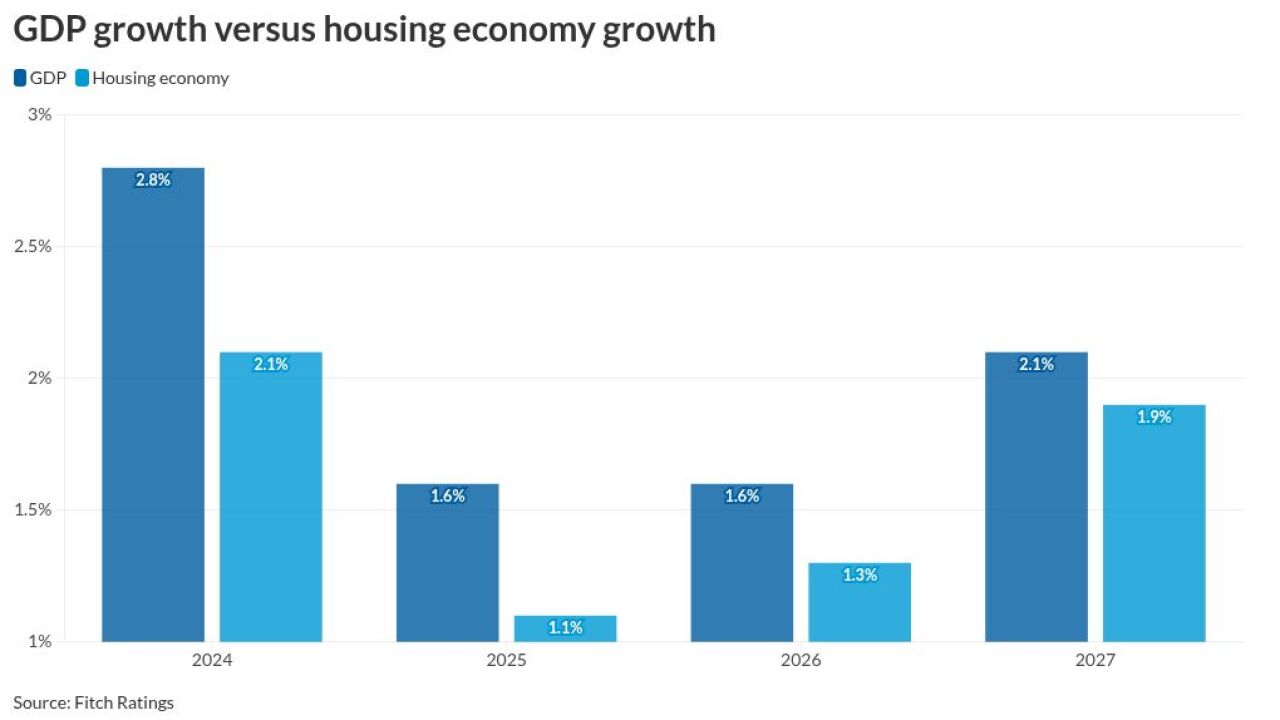Only seven banks failed the European stress test results for financial institutions. The question remains whether the test has done enough to ensure the strength of European financial institutions.
The banking sector's perceived fragility has made a significant contribution to the recent bout of financial market volatility.
Investors have become increasingly concerned that bank balance sheets are vulnerable to shocks – a reasonable assumption given the tumultuous experiences of the past three years. In response, the Committee of European Banking Supervisors, a unit within the European Union, has conducted stress tests on 91 banks.
However, even before the results of the stress test were announced, Unicredit analysts said that the results run a good chance of being a non-event, even if there is an immediate positive reaction when investors feel relief over the positive results.
"In our view, it appears to be great ballyhoo, politically orchestrated with respect to the scope of the test and details of the release to make sure: (a) no relevant institution fails the procedure, and (b) investors still believe the scenarios are vigorous enough to be reliable indicators of the strength of the institutions," Unicredit analysts said.
Unicredit added that even some of the worst positioned banks — e.g., German Landesbanken and Spanish cajas — are rumored to get a "pass."
The pass has led to discussions around the credibility of the test. For starters, the test, while rigorous, fails to test for a sovereign debt default, despite the fact that the Greece sovereign debt crisis exposes banks to sovereign default events.
It also does not ensure that banks hold sufficient liquid assets so they can meet future payment obligations and fund their ongoing activities, a Dow Jones report said.
Unicredit analysts said that there is some doubt that the actual "stress" applied is actually high enough, even when some banks are failing such as Hypo Real Estate.
The procedure, however, does bode well for ABS asset as it increases transparency for buyers.
"From an ABS perspective, some originators might benefit from today's stress test results," said the Unicredit analysts.
Markit analysts said that bank spreads have been tightening in recent weeks amid tentative optimism that the tests will ease concerns about banks' balance sheet weakness, at least for the near time being.
Next week will be the busiest for second quarter earnings season for European companies. Societe Generale analysts said that the earnings season thus far is showing good progress.
Although there have been a few disappointments, overall 66% of European companies have beaten expectations with a similar amount posting positive earnings growth.
"If the earnings season continues like this, risk appetite will remain on the rise and credit spreads should continue to inch tighter," SocGen analysts said.





